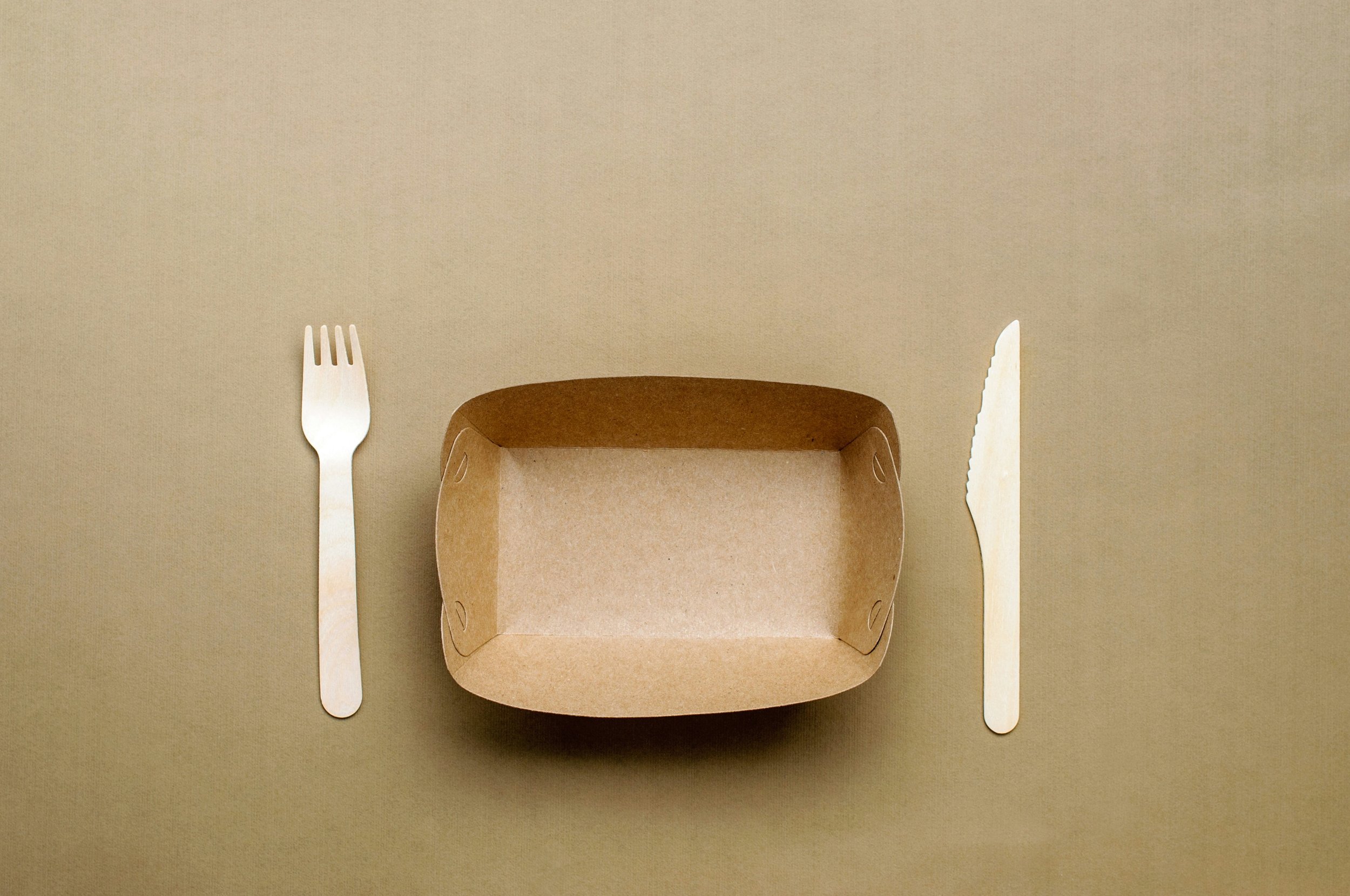Craving Authenticity
by Hugh Blanton
Authentic Texas BBQ. Authentic Vietnamese cuisine. Authentic Mexican food. Americans crave genuine food and dining experiences that for the most part remain elusive. They look to Anthony Bourdain. They watch Diners, Drive-Ins, and Dives. They copy the recipes of celebrity chefs. They're all missing the point. It's not the roadside restaurant in the hills above Hanoi, where you sit on an upended bucket to eat. It's not the secret ratio of spices in a rare sauce. How about a restaurant in a maximum-security prison? On death row? In a gas chamber? Staffed entirely by serial killers? Now there's a whole new level of "authenticity."
*****
Death Row Restaurant is the latest novel by Daniel Gonzalez. Forty-something-year-old flight attendant Dave Aslin has traveled the world, his passport having "been stamped more than the stage of Riverdance." It was on a trip to New Delhi, looking for a food stall in the Dilli Haat Market (for which Anthony Bourdain had said the greatest curry in the world was found), where Dave had an epiphany. He found the stall, he found the curry ("thin but complex"), took inventory of the entire experience—but found it didn't feel any more immersive than any other place he'd been. "For the first time, he understood the tragedy of Bourdain's show." Bourdain had trudged all those years studying food and culture like an anthropologist, but not even a perfect curry in a bustling New Delhi market could be truly authentic. "Dave had determined that traveling was a fucking waste of time."
It's the bolder authors who give us novels blending fact and fiction. Gonzalez may just be the boldest of them all. The 80’s child actor, Todd Bridges (Willis on Diff'rent Strokes), takes on a prominent role, California Governor Gavin Newsom is an impassioned advocate for the proposed restaurant, and there's a whole lineup of infamous serial killers. Our main character, flight attendant Dave, meets Todd Bridges on a flight from Chicago to Wichita while Dave is fighting and breaking up with his girlfriend and fellow flight attendant Kate. Dave can't believe he's meeting a TV star on one of his flights and, since he's just broken up with his girlfriend, he quits midflight and takes a seat next to Todd. The two slam back shots of airline liquor, as Todd regales him with an odd story about how he's going to open the most authentic restaurant in the world. Todd is flying to Wichita to interview his first potential employee—notorious serial killer Dennis Rader, housed in the El Dorado Correctional Facility.
Death Row Restaurant is a novel of satire, but also a novel of education. We learn here that our chances of being killed by a serial killer are .00064%. The state of California has more prisoners on death row than any other state (650). About Kate: "She knew that Dave had filed away their sexual encounters as a sort of bonus to a place he actually liked being in, like getting an extra chicken nugget in a McDonald's value meal." The clients at the proposed Death Row Restaurant will get to choose their own cutlery—from a pegboard of confiscated shanks and shivs.
Gonzalez has a philosopher's nose for questions: "Giving a guy like Ramirez the gas chamber wasn't about holding Ramirez accountable for his actions. It was about the fact that serial killers can't change. They can't get clean like drug addicts. What they've done is really who they are." Death Row Restaurant is a demonstration of how a writer captures American culture's fascination with serial killers and its craze for authentic restaurants with language ample for the spectacle. Daniel Gonzalez has raised the bar a notch for originality in fiction.
In the satirical novel What If?: Serious Scientific Answers to Absurd Hypothetical Questions, one of the questions asked was what would happen if you hit a baseball traveling at 90% of the speed of light. In Death Row Restaurant, Gonzalez is asking questions about authenticity. What is it really? "Everyone confuses the whole thing with the food, that the food has to be authentic without being co-opted. Or that it at least has to be explainable, according to some theme, reproducible night after night. But it's the wrong kind of authenticity. It's easily faked. I mean, how does the average person even know how Banh Mi is supposed to taste? They don't. But prison. In prison, you know shit is real. And if you're lucky enough to be around a serial killer, you get this unmistakable sense of reality. Here is someone who no longer fakes who he or she really is." That's Todd Bridges, explaining how he came up with the concept of Death Row Restaurant. He had once served time in a prison cell next to Richard Ramirez, the infamous Night Stalker, who threatened Bridges with violence nearly every night. (Hitting a baseball pitched at 90% of the speed of light would likely result in a fireball not good for the batter. Or the pitcher for that matter.)
In addition to the restaurant, Bridges wants to put out a line of Death Row Restaurant merchandise and schwag. He designs a shoe he calls the BalenSHUaga. (SHU: Secure Housing Unit), a takeoff from the status-symbol Balenciaga Triple S Adidas shoes. Balenciagas are upward of $2000 a pair, purchased by status-conscious people seeking their identity in a group of like-minded individuals. The BalenSHUaga will always be an affordable shoe, Bridges assures everyone, because, "Identity is—well take it from a serial killer on this, it's what you do, it's owning what you do. That's the lesson of a serial killer who is in San Quentin for life. A serial killer could never find his identity in a luxury shoe purchase."
Death Row Restaurant has fall-out-of-your-chair moments of hilarity, surprising and shocking crime statistics, facts, and trivia. Gonzalez with his boldness, humor, and originality just might turn out to be this generation's Mark Twain.
Death Row Restaurant
by Daniel Gonzalez, 241 pages
CLASH books, $18.95
BIO: Hugh Blanton's latest book is Kentucky Outlaw. He can be reached on X @HughBlanton5.

